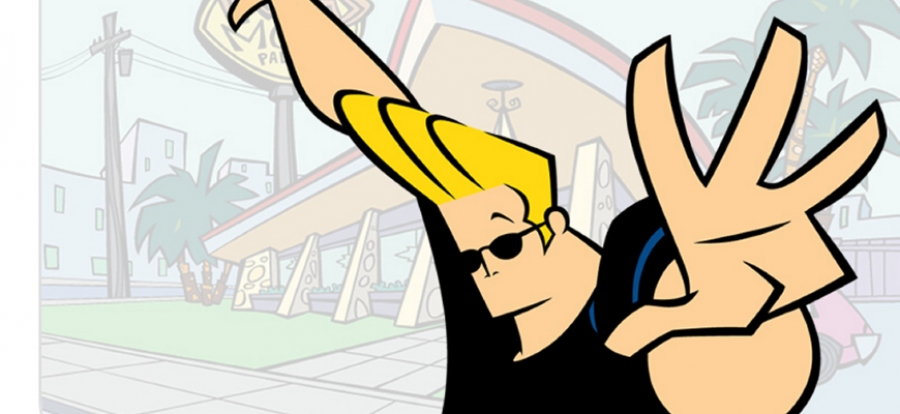"It was clear that these sessions were effective tactics for unlocking the processes of creating ‘men’."
I’ve been working with students on a programme. It is about adults – principally but not exclusively male – talking to lads and young men about their understanding of masculinity, gender, power and relationships, with a specific focus on helping the lads think critically about how society’s expectations of them can actually hinder them and harm others. It is delivered currently in high schools, Youth Services and Youth Offender settings across the Midlands.
I first came across this approach a few years ago when I was asked to arrange some school workshops in my area for an American speaker, Tony Porter. I watched Tony’s TED Talk and was intrigued how this striking message – and this striking messenger – would play in our schools with the year 10 lads.
Rural Worcestershire is not famously cosmopolitan, and Tony is an imposing presence with a disconcerting message – an African American from Brooklyn, tall and charismatic, talking passionately about gender violence and the ‘collective socialisation of men’ - aka the ‘man box’. I remember thinking to myself “this is going to be weird, but, just maybe, great!”
Tony put the students – and the staff (there is no hiding place, gentlemen!) – on the spot by asking direct questions like “When did you last cry in front of your friends?”, “What words do you use for girls/sex?”, “Who is in charge in your home?”, “Why do you love your girlfriend/wife?”. Questions they/we don’t normally get asked. Honesty and nervous laughter, some discomfort and some real feelings of solidarity ensued.
The feedback was extremely compelling – not ‘uniform’, but honest and edifying. From the sessions and feedback from the fairly amazed staff, it was clear that these sessions were effective tactics for unlocking the processes of creating ‘men’ and identifying the machinery of that process – fear of other men’s opinions, identification with powerful/dominant models, suppression of traits socially deemed to be feminine, the profound and systematic ‘othering’ and ‘distancing’ of the female experience. It’s all there, in a room full of lads and teachers and a guy asking the right questions, in the right way. I was impressed by how it was a very respectful exchange, and I thought immediately ‘all lads need this conversation’ and ‘I wish I’d had this when I was a boy’.
I kept in touch and was pleased when Tony was back in the UK (he comes over two or three times a year) that he always wanted to speak to our lads if his programme permitted. About nine months ago I offered to run programme’s twitter account (my conscience pricked by all the time I spend urging kids in school to volunteer to develop their character!) and was quickly made aware of the power of twitter – in good ways and bad. Clearly not everyone in the world thinks that coaching healthy and respectful masculinity is a good idea, and that’s putting it mildly!
At around that time we finalised plans for the next stage – the big leap forward from occasional visits and one hour workshops with the fortunate few. Our consortium identified two or three staff – mainly, but not only, male – from each partner institution to take a four day training course. The first two days were on Domestic Abuse and Sexual Violence Awareness – delivered by Kay Clarke and colleagues from the SupportWorks Foundation (a Midlands charity helping women emerging from abusive relationships), and were a massive eye-opener for us all and essential for understanding the complexity and scale of the problem of Violence Against Women and Girls (#VAWG).
The second two days were delivered by Tony Porter, on Coaching Healthy and Respectful Masculinity to high school age boys and young men. The CH&RM programme (inevitably nicknamed ‘charm’) is an eight-to-10 week curriculum of lessons and resources unpicking key themes such as ‘Power and Privilege’, ‘Objectification in the Media’, ‘Healthy Relationships’, ‘Being Part of The Solution’.
So my day-job and my new passion have intertwined to some extent and I am now delivering CH&RM to a great bunch of Yr 12 lads in one of my schools. We meet once a week for an hour and are working through the course. Of course we go off on tangents and talk a lot about high-profile examples of certain points in the media – whether that be the ethics of Floyd Mayweather being made rich and adored by millions despite his domestic abuse record, or the Worcester girl who called the police on her persistent wolf-whistlers. The world, unfortunately, is a gift that keeps on giving in terms of examples of sexism and gender aggression.
"We talk about identity, trust, love, self-expression, and the lads take it seriously."
These sessions, which I co-deliver with another male member of staff, are the highlight of my working week. We are talking about the stuff that sits below and behind everything else – identity, trust, love, self-expression, relationships and fear, with the lads taking it seriously. They were invited to take part because they were seen to be sufficiently open, had the respect and liking of other boys (essential because they are to be ambassadors in the future) and would give it a go. Each institution will apply the selection/recruitment formula differently but I think the core requirement is that they are potential ‘changemakers’. In some areas I believe lads with violence markers who are in the Youth Justice system are mandated to engage with CH&RM as part of a broad intervention package. I can definitely see how that would work, too. It’s just a great course that gets to the root of things.
I definitely hope to do more of this and have become a bit of an evangelist for it, armed and informed with Twitter, willed on by the indefatigable Kay Clarke, inspired by Tony Porter and now connected to other colleagues in local schools and Early Intervention organisations who have embarked on their own delivery. I am talking, from my high school perspective, about CH&RM at conferences in Birmingham, Leeds and Durham Universities – the first of what I think will be many - discussing how we might collaboratively develop a programme that supports the positive development of male identity that starts in primary school, continues through Secondary and into University.
The need for this work is palpable – sexual violence and intimidation, controlling behaviours and domestic abuse affect millions in the UK. Now is the time for the ones with the real preventative power (because ‘it’ is their own collective, summative behaviour) - men - to stand up and be counted – and to share that reckoning with other men and boys. It’s not that ‘prevention is better than cure’, there is no cure but prevention.
Any school or college can do this – it’s just blokes in rooms with lads, talking and thinking together, honestly and respectfully. It’s not (the dreaded phrase) rocket science. But it might just take people to a better world. Find out, get stuck in, ‘get out of the man box’!
Do you teach such values at your school? Let us know in the comments.


















